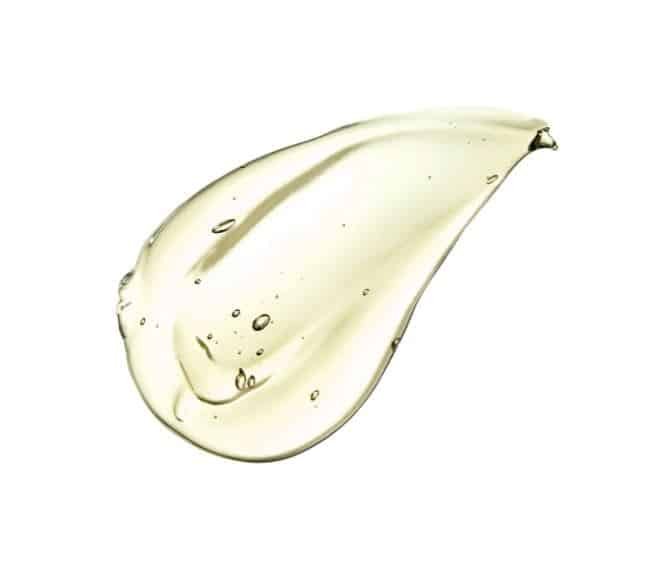Real Estate
Liquids Gels And Foams Used In The Construction Industry

Construction professions make use of plenty of chemicals in liquid, oil, and gel foam in their work. Here is a very brief guide to some of the most prevalent non-solids in the construction industry.
[lwptoc]
Expanding Foam
Construction supply companies like Tradefix sell a variety of expanding foams. Expanding foams are used to fill gaps and insulate drafty areas. It is also very useful for reducing sound transfer around doors and windows, which is valuable in the construction of studios and other sound-sensitive buildings. Using expanding foam is an art in and of itself – incorrect installation can be messy and incredibly hard to clear up.
Silicone Sealant
Silicone sealants are typically used to create waterproof bonds between materials. This makes them very useful for waterproofing bathrooms and sealing window edges. Silicone hardens into a rubbery material that is incredibly resistant to water and corrosion. All construction professionals make some use of silicone sealant in areas exposed to the elements.
Wood Glue
Carpentry is an essential part of a great many construction projects. Although most connections will be made with nails, pins and screws, wood glue still has a place in the carpenter’s arsenal. Wood glue is very helpful for creating fully sealed and waterproof joints that are then further connected using screws. There are several kinds of wood glue – each useful for different kinds of joints in different kinds of condition.
Hybrid Polymer Adhesive
Hybrid polymer adhesives are used when gaps need to be sealed and bonded at the same time. They are extremely thick and typically used to patch up gaps that would otherwise prevent bonding. They are very popular with construction workers due to their versatility.
Lubricant
There are 4 main types of lubricant used in the construction industry:
Oil
Oil is used for lubricating clean machines, hinges and runners. It comes in many different viscosities. Savvy construction professionals know that it is unwise to apply oil to a dirty machine or moving part: the oil can bond with the dirt and make matters worse! Some machines that use internal combustion engines have oil wells that need constant topping up.
Grease
Grease is made by adding a thickener to oil. It is traditionally used to lubricate machinery parts in all conditions and may be added to grease wells within machines – which then disgorge the substance from so called ‘grease nipples’. Grease is perfect for lubricating machinery because it sticks to parts and prevents dirt from gaining a foothold.
Penetrating Lubricants
Penetrating lubricants are used when items have become oxidized. It breaks through rust – extremely useful for when a bolt has become rusted into a sheet of metal, for instance. It does not act as a long-lasting lubricant, but more of a temporary solution to corrosion.
Dry Lubricants
Dry lubricant usually comes in spray form and is extremely expensive. The lubrication element stems from the tiny particles of dry graphite as opposed to the oil it is housed in.
Read more: 3 New AGE Engineering & Construction Technology
-

 Celebrity4 weeks ago
Celebrity4 weeks agoIs YNW Melly Out Of Jail? What Is The YNW Melly Release Date, Career, Early Life, And More
-

 Sports4 weeks ago
Sports4 weeks agoMore Than Just a Game: How College Sports Can Shape Your Future
-

 Tech3 weeks ago
Tech3 weeks agoAI Software: Transforming the Future of Technology
-

 Tech3 weeks ago
Tech3 weeks agoAll About Com. Dti. Folder Launcher: Features, Benefits, Tips, And More













